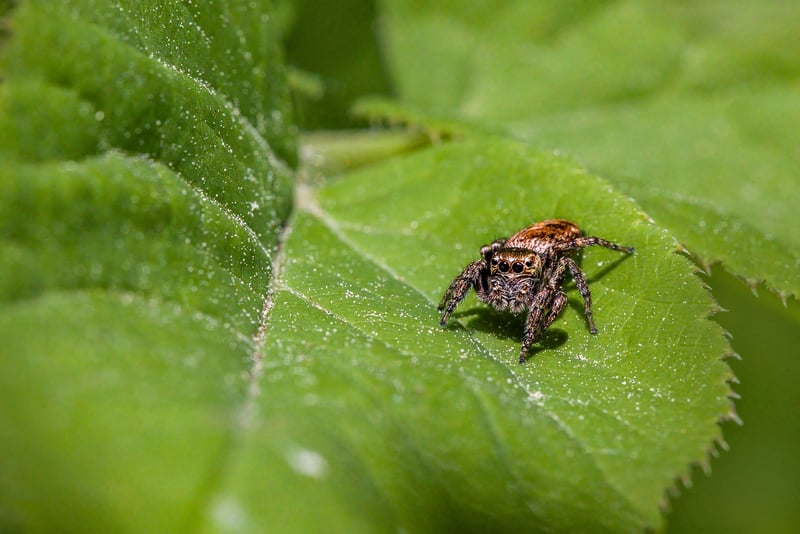Pest Control
Keep Your Garden Thriving: Pest Control Tips
Welcome to our guide on how to keep your garden thriving by effectively controlling pests. A beautiful garden can be a source of joy and relaxation, but dealing with pests can quickly turn it into a nightmare. By following these simple yet effective tips, you can ensure that your garden remains healthy and pest-free.
1. Choose Resistant Plants
One of the best ways to prevent pest problems in your garden is to choose plants that are naturally resistant to common pests in your area. Research which plants are less susceptible to pests and incorporate them into your garden.
2. Maintain Garden Hygiene
Regularly clean up fallen leaves, weeds, and debris in your garden as they can attract pests. By keeping your garden tidy, you can eliminate hiding spots and breeding grounds for pests.
3. Use Natural Predators
Encourage natural predators like ladybugs, birds, and beneficial insects to inhabit your garden. These predators feed on common garden pests and can help keep their populations in check.
4. Practice Crop Rotation
Rotate your crops each season to prevent the buildup of pests that target specific plants. This practice can disrupt the life cycle of pests and reduce infestations in your garden.
5. Invest in Organic Pest Control
Consider using organic pest control methods such as neem oil, insecticidal soaps, and diatomaceous earth. These products are effective in controlling pests while being safe for the environment.
6. Monitor Your Garden Regularly
Inspect your plants regularly for signs of pest damage. Early detection allows you to take action before the infestation becomes severe and causes significant damage to your garden.
Conclusion
By implementing these pest control tips, you can protect your garden from common pests and ensure that it continues to thrive. Remember that a healthy garden is a happy garden!

For more information on garden maintenance and pest control, visit Royal Horticultural Society.
